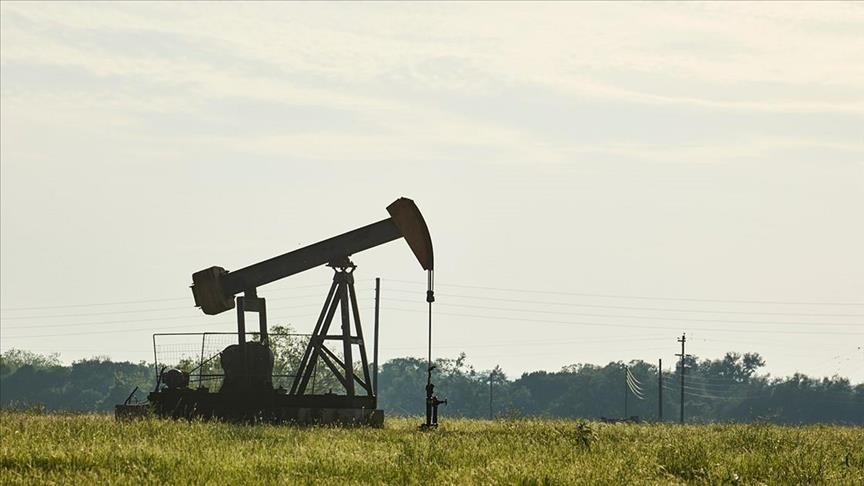ANKARA
Oil prices edged higher on Wednesday, as demand concerns were alleviated by China’s relaxation of its “zero-COVID” policy and a reduction in the frequency of nucleic acid testing.
International benchmark Brent crude traded at $79.53 per barrel at 09.41 a.m. local time (0641 GMT), up 0.22% from the closing price of $79.35 a barrel in the previous trading session.
At the same time, American benchmark West Texas Intermediate (WTI) traded at $74.33 per barrel, a 0.11% gain after the previous session closed at $74.25 a barrel.
Late on Tuesday, Brent fell below $80 a barrel, posting more than a 3% drop on expectations of a steeper rate hike from the Federal Reserve next week. JPMorgan Chase CEO Jamie Dimon warned Tuesday that record inflation may derail the US economy and cause a recession in 2023.
However, an announcement on Wednesday by China, the world’s largest oil importer, on loosening its “Zero-COVID” policy and reducing the frequency of nucleic acid testing created a positive sentiment in the market, causing prices to rise.
Following public outrage and recent protests, Chinese authorities last week started to soften their tone over COVID restrictions.
International media outlets reported that some positive COVID cases can now be quarantined at home, while mandatory PCR testing requirements have been scaled back.
Several major cities, including the capital Beijing and the northern coastal city of Tianjin, lifted the requirement that visitors show 48 or 72 hours of valid COVID-19 test results before entering any shopping mall or public place, according to the Global Times.
Other cities, such as Chengdu, Guangzhou, and Jinzhou in the southern Liaoning province, have also relaxed some restrictions, the daily added.
Late Tuesday, the American Petroleum Institute (API) announced its estimate of a fall of 6.4 million barrels in US crude oil inventories, relative to the market expectation of a decline of 3.9 million barrels.
A strong inventory decrease implies an uptick in crude demand in the US, assuaging market concerns over falling demand.
The US Energy Information Administration (EIA) will release official oil stock data later Wednesday, and if the decrease in stock levels is confirmed, prices are expected to rise further.
On the supply side, reports about Russia’s upcoming response to various sanctions imposed by Western countries on Russian hydrocarbon exports heightened supply concerns.
Russian Deputy Prime Minister Alexander Novak said Russia is working on a mechanism by the year’s end to prevent Russian companies from selling oil to countries imposing price caps.
“We are currently discussing, fine-tuning the decision, and discussing it with companies,” Novak told reporters in Moscow.

